Ah, student course evaluation time—one of the few moments each year when you can be completely honest about your teachers and tutors because you’re protected by the sweet, sweet shield of anonymity. It’s your chance to tell the truth about how you feel and to help improve classes for future generations.
However, some evaluations are so brutal that they might make you spit out your coffee from laughter and feel bad for the staff whom the comments were addressed to. Adam Rothman, a professor of history at Georgetown University, shared one of his students’ anonymous comments comparing his charisma to a house plant.
He started a viral Twitter thread as other professors and teachers shared their own hilarious experiences with student evaluations. Scroll down and enjoy, dear Pandas. And be sure to share any funny evaluations you’ve written or received in the comments.
More info: Twitter | Faculty Page | Blog
Image credits: arothmanhistory
Professor Rothman’s tweet got over 3.4k likes and was reshared nearly 500 times at the time of writing. Bored Panda reached out to Rothman for further comments about the anonymous course evaluation and what it felt like being compared to a house plant.
People are weird: we say that we want truth and honesty, but really, we don’t. We really, really don’t. Few of us would be emotionally resilient enough to listen to other’s unfiltered subjective opinions about us. Now imagine that you have to read through piles of written evaluations from the people you’ve taught for an entire semester and saw nearly every single day. It might turn out that the people who’ve been polite to you all season might secretly despise you.
Image credits: slyrounddaworld
Image credits: JoannaGrossman
Image credits: paul_vitello
Image credits: LaurieCosgriff
Image credits: js_avvamericano
Image credits: ProfGoat
Image credits: ShannonXmas
Image credits: ncomorau
Image credits: david_colquhoun
Image credits: angiemejiaprof
Now, if you’re a teacher, tutor, professor, or an ambitious PhD candidate, there are some things you should know before reading your student evaluations. First of all, they’re going to be biased. Don’t expect scientific or moral objectivism or any sort of fairness—they’re gonna be personal and they’re gonna hurt.
This leads us to the second point—don’t take any of the comments personally. Be professional. Keep cool. Absorb what’s useful. Discard what’s useless. Improve accordingly. But whatever you do, don’t obsess about the comments and don’t read them over and over and over again.
Image credits: bigmountain61
Image credits: CharismHamanism
Image credits: gregory_palermo
Associate Professor of Education at Colorado College Manya Whitaker writes that course evaluations aren’t reliable or relevant but continue to be used in nearly every scholarly institution.
She also suggests that teachers and professors keep in mind that students tend to give lower ratings to required courses as compared to electives. So it’s important to read anonymous evaluations with one eye on the context. And that might make any comparisons between you and house plants sting a bit less.
Here’s how some people reacted to the evaluations. Some even shared their own experiences!
Explore more of these tags
As a student with a work study job in the Anthropology department, it was my job at the end of each course to enter student evaluations into our computer for reporting (before they automated everything.) Some of the evaluations were harsh. But I actually told a professor, in person, that I knew he had no problem putting his kids to sleep at night..he just had to read to them. He took offense until I explained to him that it wasn't that the content was boring. I said that he could be relaying the most exciting news ever, but that his voice was so calming and soothing that you just wanted to curl up on your desk and take a nap. He smiled. I told him he'd make a great hostage negotiator. Then he laughed.
I'm one of the few people that submit these (as a university student). And I always write down notes during the semester (positive and negative) whenever something comes up that I'd like the teacher to know but don't have the courage to tell them to their face. It's a great opportunity to do that. For example - I applauded a professor who came to give a lecture even though he had a prolapsed disk in his spine and had to wear a brace and even with that shouldn't have come. It happened on the very first lesson and if I had not written that down I would have forgotten and I'm really glad I didn't. And I try my best to be fair...I personally really don't like one of my current lecturers. But is he a good teacher? Hell yeah.
In my early years of teaching I received a very valuable comment, moderated with humor. "If Professor A. talks any faster she's going to light her own tongue on fire." I always mention it in my first lecture of any new course, and tell the students not to be shy. I know I speak quickly when I'm excited. Fortunately I've had the privilege of being excited by teaching about new advances in archaeology for over 40 years.
As a student with a work study job in the Anthropology department, it was my job at the end of each course to enter student evaluations into our computer for reporting (before they automated everything.) Some of the evaluations were harsh. But I actually told a professor, in person, that I knew he had no problem putting his kids to sleep at night..he just had to read to them. He took offense until I explained to him that it wasn't that the content was boring. I said that he could be relaying the most exciting news ever, but that his voice was so calming and soothing that you just wanted to curl up on your desk and take a nap. He smiled. I told him he'd make a great hostage negotiator. Then he laughed.
I'm one of the few people that submit these (as a university student). And I always write down notes during the semester (positive and negative) whenever something comes up that I'd like the teacher to know but don't have the courage to tell them to their face. It's a great opportunity to do that. For example - I applauded a professor who came to give a lecture even though he had a prolapsed disk in his spine and had to wear a brace and even with that shouldn't have come. It happened on the very first lesson and if I had not written that down I would have forgotten and I'm really glad I didn't. And I try my best to be fair...I personally really don't like one of my current lecturers. But is he a good teacher? Hell yeah.
In my early years of teaching I received a very valuable comment, moderated with humor. "If Professor A. talks any faster she's going to light her own tongue on fire." I always mention it in my first lecture of any new course, and tell the students not to be shy. I know I speak quickly when I'm excited. Fortunately I've had the privilege of being excited by teaching about new advances in archaeology for over 40 years.

 Dark Mode
Dark Mode 

 No fees, cancel anytime
No fees, cancel anytime 






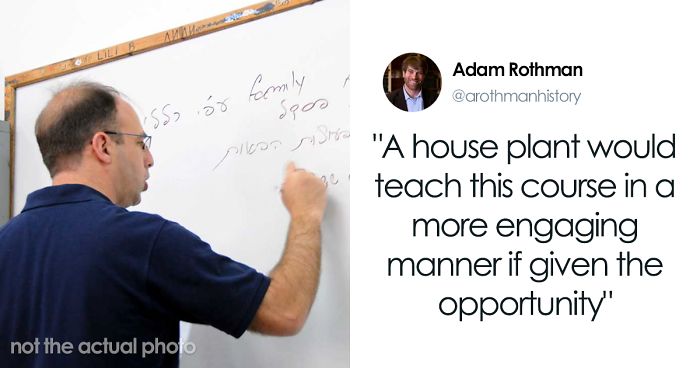
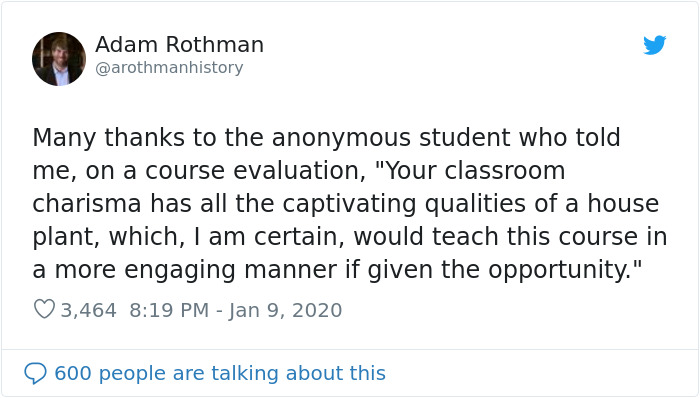
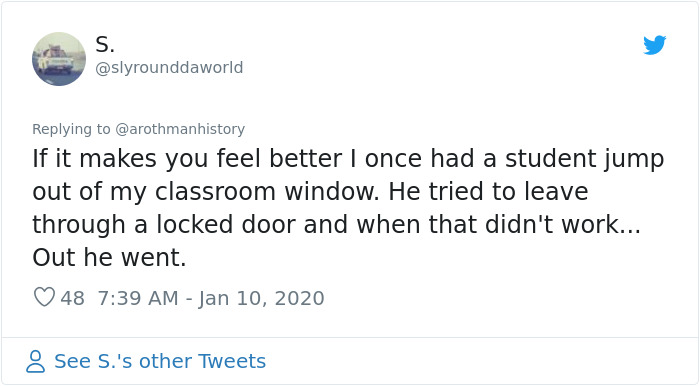
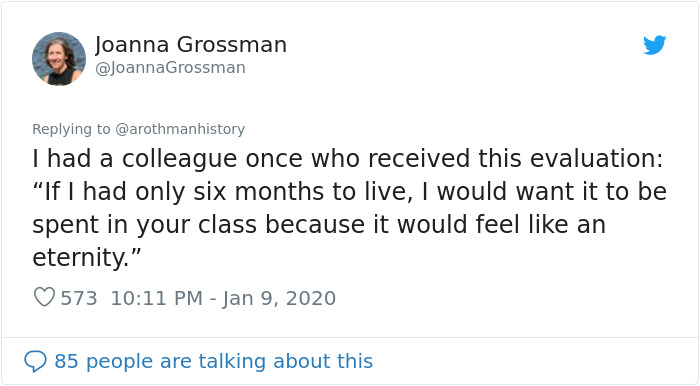
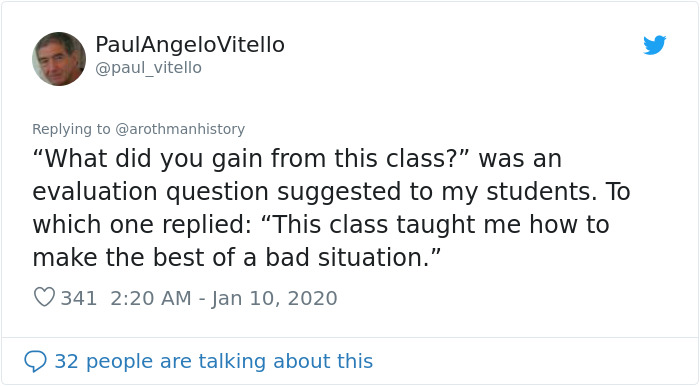
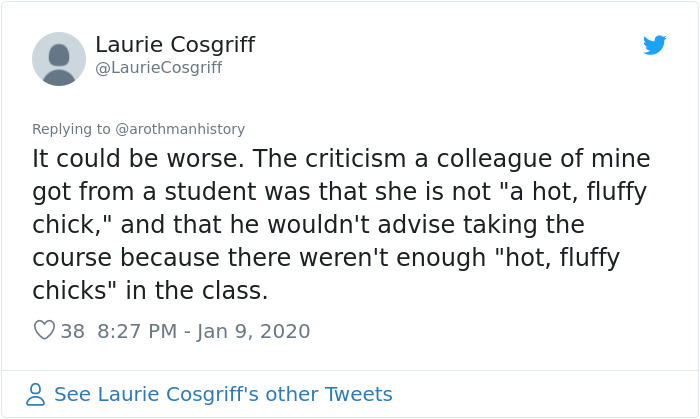
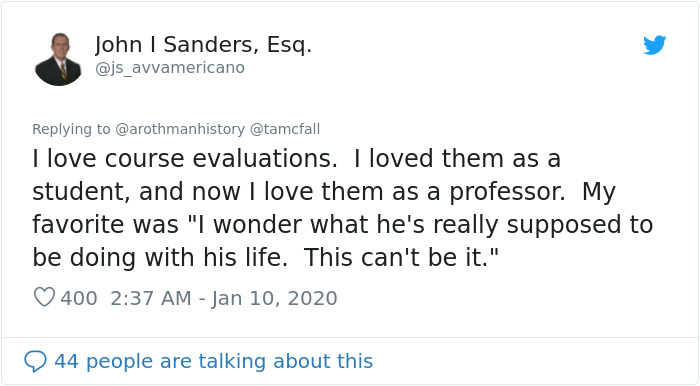
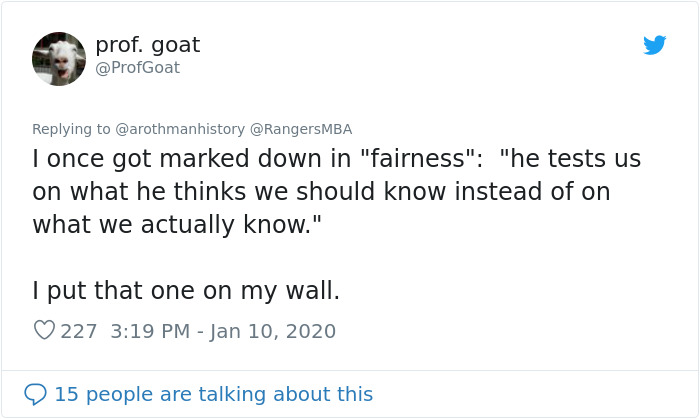
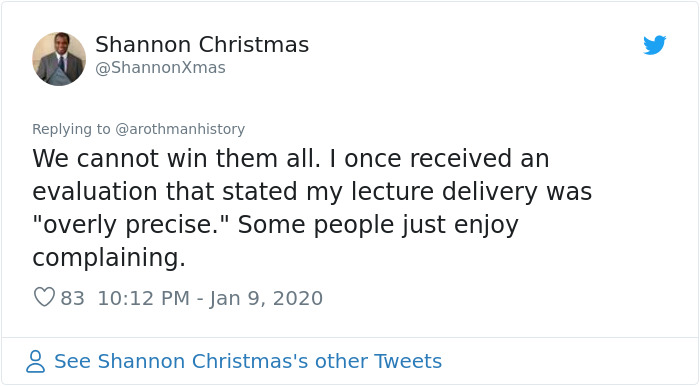
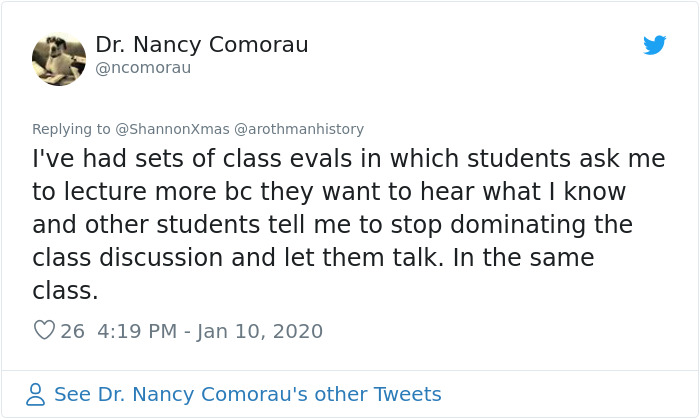

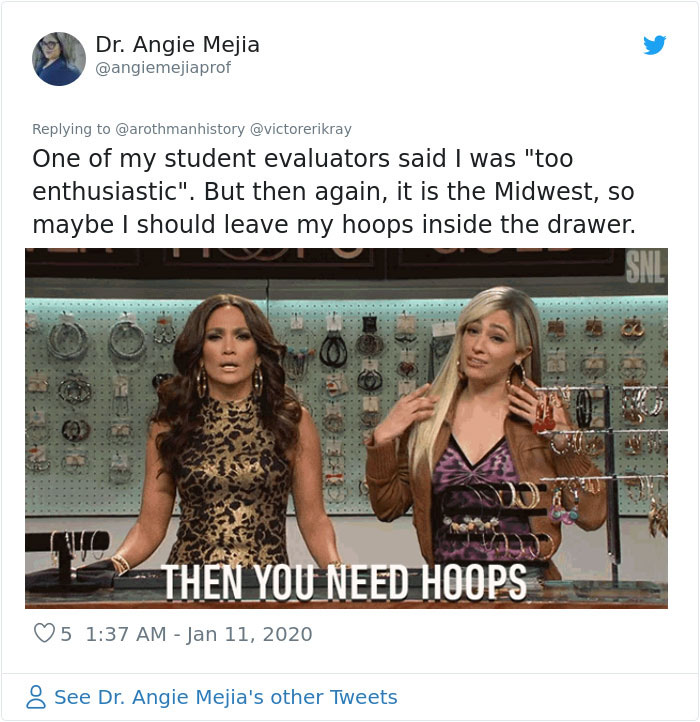
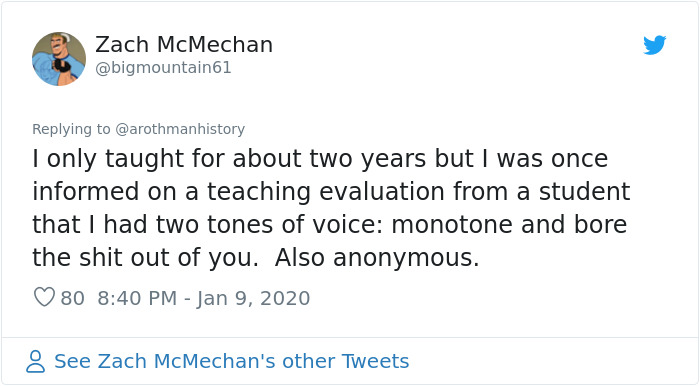
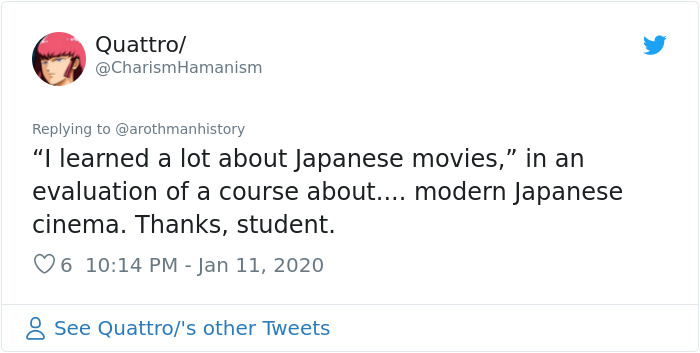
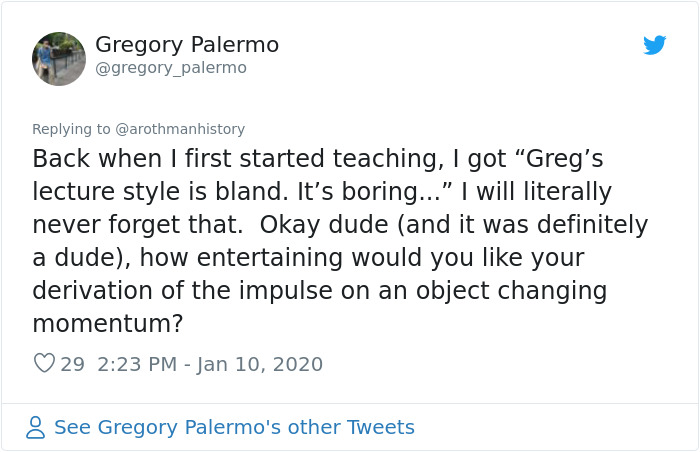



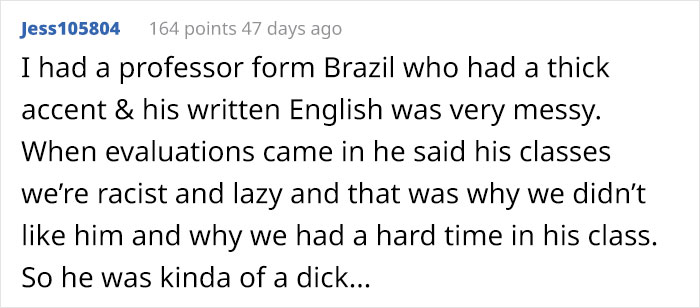










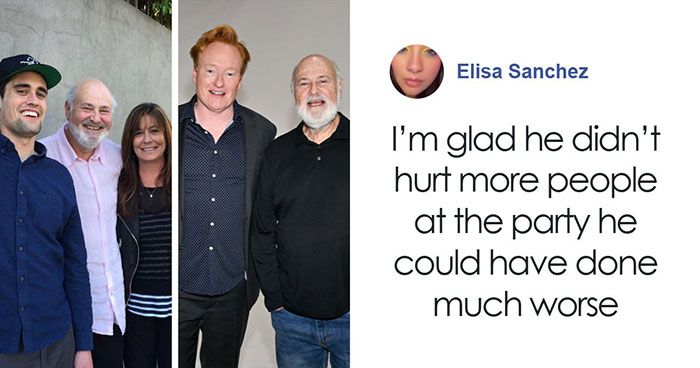




































184
33